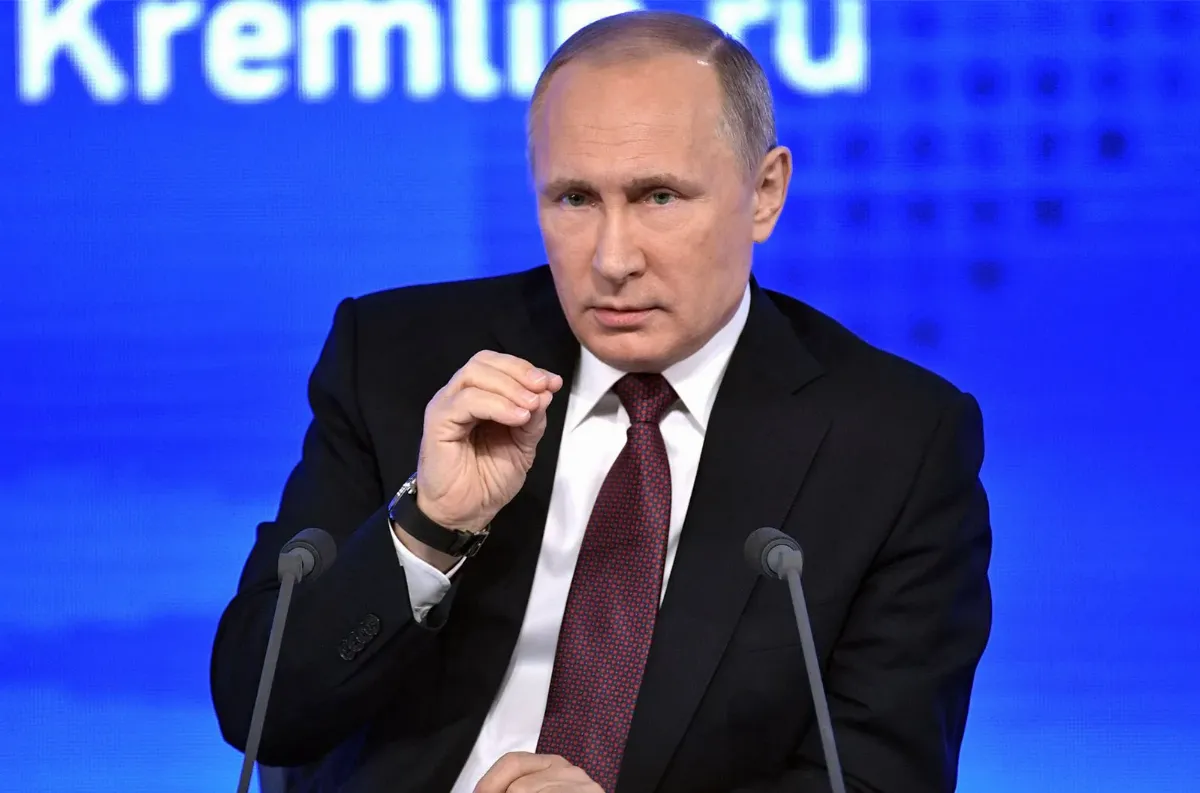
Vladimir Putin
Vladimir Vladimirovich Putin, born on October 7, 1952, in Leningrad (now Saint Petersburg), is a Russian politician and former intelligence officer who has served as Russia's president and prime minister for more than two decades. Putin began his career in the KGB in 1975, serving primarily in counterintelligence and in East Germany. Following the collapse of the Soviet Union, Putin entered politics, becoming deputy mayor of Saint Petersburg in the 1990s.
In 1999, after working in various governmental roles, Putin was appointed prime minister by President Boris Yeltsin. Later that year, Yeltsin resigned, and Putin became acting president. In 2000, Putin was elected president and initiated reforms aimed at centralizing power and stabilizing Russia’s economy. His presidency saw economic growth, partly due to high oil prices and reforms in various sectors.
Putin served two consecutive presidential terms from 2000 to 2008. In 2008, barred from serving a third consecutive term, he became prime minister under President Dmitry Medvedev. However, Putin maintained significant influence over Russian politics during this period. In 2012, he returned to the presidency following constitutional amendments that extended presidential terms from four to six years.
During his presidency, Putin's government has been involved in significant international events, including the annexation of Crimea in 2014, which led to international sanctions and heightened tensions with Western countries. His administration has also faced criticism for its handling of political opposition and control of media outlets.
In 2020, constitutional changes were approved that allow Putin to potentially stay in power until 2036 by resetting his presidential term limits. In 2022, he ordered a full-scale military invasion of Ukraine, escalating the conflict that began with Russia’s annexation of Crimea. This move led to widespread international condemnation and further sanctions on Russia.
Stichworte







